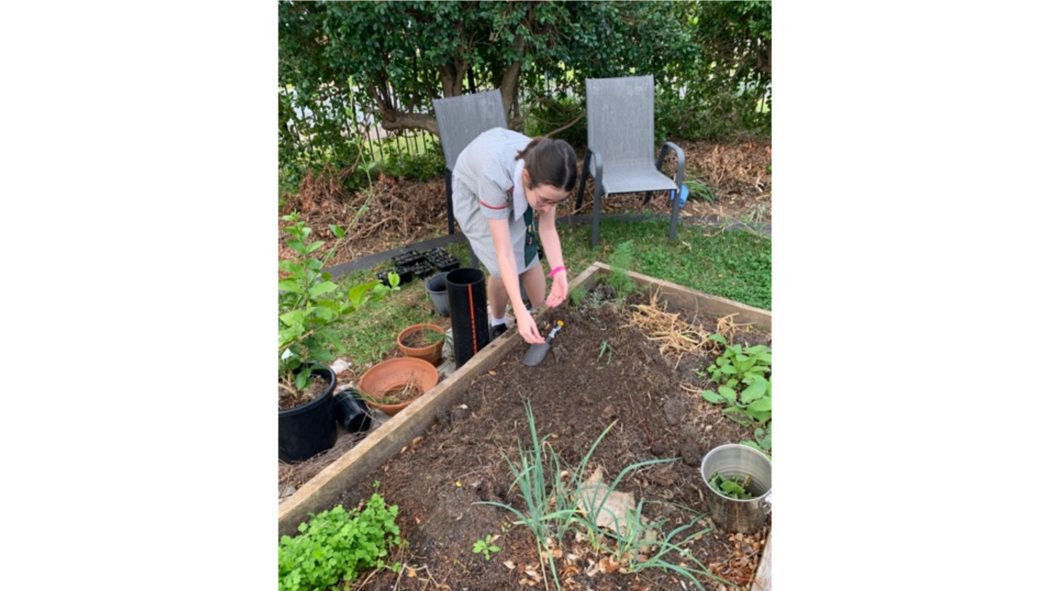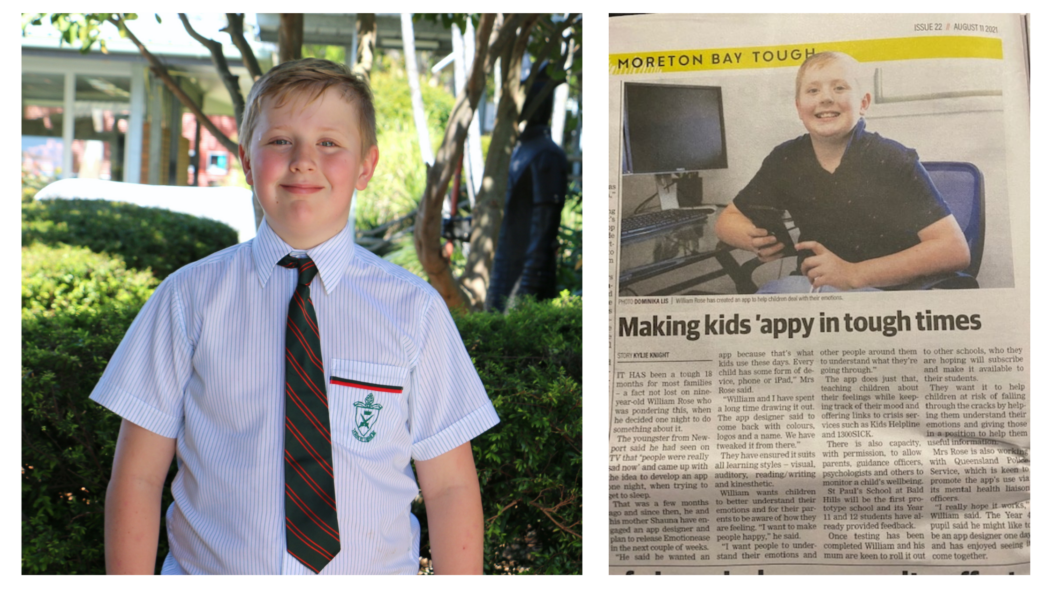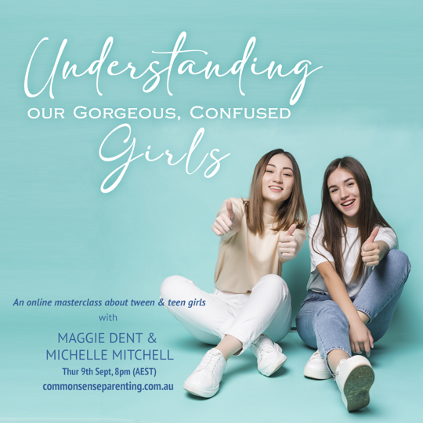Your invitation to a special event
To celebrate Book Week 2021, the St Paul’s School Secondary Library is hosting a special literary event, just the first of many for our St Paul’s students and families. Future events will include a male and mentors event, and other possibilities such as a books to movies night, Reading in PJs, and Mystery Reads and Escape Rooms. As you will read below, the benefits of reading are tremendous, and we are hoping to acknowledge this with a number of new programs and initiatives.
Reading From the Heart – Relationships, invites female St Paul’s School students in Years 7-12 and a significant female adult in their lives to join us during Book Week, on Wednesday, 26 August, from 6.00pm in the Secondary School Library for a night of books, food and connection.
Students and their significant female adult will be invited to select a book of their choice from the Relationship genre. These fiction books range from the heartbreaking (think The Fault in Our Stars) to the delightful (think Lennie’s Book of Everything), may be moving, funny or just an easy relaxing read. We have created a list of recommended suggestions for you to browse, which you will find on our Library website. The student and adult will both read this book. Then, on the night of 26 Aug we will gather as a group to enjoy some pizza, share the books we have read, discuss the bits we loved, those we didn’t like as much and generally chat about the chance to connect. Spaces are limited, so book now.
When: 26 August, 2021 from 6.00pm until 8.00pm. If you would like to choose a book from the St Paul’s Secondary Library, please visit us sometime in Week 2 to collect your book.
What: Pizza, books and conversation.
Where: St Paul’s School Secondary Library.
Cost: Nothing. Free for members of the St Paul’s School community.
RSVP: Please book your free ticket by Friday, 13 August by emailing [email protected]. Please include your student’s name and the name of the attending significant female adult, as well as an email contact, as well as any dietary requirements.
The Importance of Reading: Article 3
Five tips to help you make the most of reading to your children
Margaret Merga – Lecturer and Researcher in Adolescent Literacy, Health Promotion and Education, Murdoch University
Reading to your child is one of the most successful ways of instilling a love of reading in them. But in our recent study, more than one-quarter of primary-school-aged respondents claimed they were never read to at home.
Children typically enjoy being read to, and see educational, social and emotional benefits to the practice. But families are busy, and finding time to read aloud can be eaten up by the demands of everyday life.
Not all parents have been read to themselves as children, so may not have experienced a model they can then follow with their own children. And many adult Australians may be struggling readers themselves.
With this in mind, here are five suggestions that can help make the experience of reading to your children fun, relaxing and educational.
1.Give it all your attention
For many people, the best time to read with their children is at night, once the children are in bed. But if you find your child too cranky and disengaged at this time (or if you are feeling tired yourself), you might want to try reading to them earlier in the day.
Whatever the time, it’s important to give the book and your children all of your attention. Phones and other devices with enabled notifications should be switched off. Everyone should be comfortable, and children should associate time spent being read to with enjoyment.

Reading time should be free of distractions. Shutterstock
Where possible, we strongly suggest reading to your child becomes part of the daily routine. The more often children are read to, the more substantial the benefits. Reading to children is both an opportunity to model how the written word sounds and a chance for family bonding.
2.Engage with the story
Children don’t typically enjoy having the story stopped every few seconds for comprehension checking, so we suggest you keep interruptions to a minimum.
But recapping is useful when picking up a book again after a break. If parents let their children provide this recap (“So, where are we up to?”) this also enables informal comprehension checking. Opportunities for prediction are also beneficial (“Wow… what do you think might happen next!”).
Sharing your response to a book and encouraging children’s responses stimulates critical thinking. These techniques and others can enhance learning and comprehension, but they shouldn’t upset the fluidity of the reading experience or turn it into a test.

We should read aloud to children for as long as possible . Shutterstock
You can share the task of the reading itself with your children if they want to. This is beneficial for a range of reading skills, such as reading comprehension, word recognition and vocabulary building.
3.There’s no age limit
You can start reading to your child from early infancy to support their developing language abilities, so it’s never too early to start. The skills infants and young children develop through shared reading experiences can set them up for literacy achievement in their subsequent schooling years.
Reading to your children remains important beyond the early years, too, with continuing benefits for literacy development and cognitive skills.
We should read to young people for as long as possible. There is no age where the benefits of being read to completely expire.
Very recent research in the UK found struggling adolescent readers can make remarkable gains on their reading comprehension when books are read to them at school. This is perhaps due to the opportunity for students to enjoy books that are too hard for them to read themselves.
4.Pick a book you both enjoy
We suggest you select a book that interests both you and your child. Reading together is a great opportunity to share your passions while broadening your children’s horizons through making diverse book choices.

Children often struggle with picking a book to read. from shutterstock.com
Don’t be afraid to start reading chapter books to your children while they are still very young. The age to begin this will vary depending on your child’s attention span, but it’s often possible to begin this with pre-schoolers.
As long as the story isn’t too complex, children love to be taken on an enjoyable journey into books that are too hard for them to read independently. This can also help to extend child’s vocabulary, among other benefits.
It’s a good idea to take your children to the library and model how you choose interesting books for shared reading. Research shows many primary and high school children are easily overwhelmed by choice when they attempt to pick what books to read independently, so helping them with this is a valuable skill.
5.Don’t worry about your style
Not all of us are destined to be award-winning voice actors, and that’s OK. It’s great to use expression and adopt different voices for the characters in a book, but not everyone will feel able to do this.
At multiple points in our research, we’ve come across people who have praised the reading efforts of parents who weren’t confident readers, but who prevailed nonetheless. For example, in our recent paper a respondent described being read to by her mother who struggled with dyslexia. This mother, and many other parents, have inspired a love of reading in their children through their persistence.

Children love being taken into the virtual reality of a story. from shutterstock.com
Being taken into the virtual reality of story is a memorable, pleasurable experience that stays with us forever. Reading aloud provides parents with a valuable opportunity to slow down, relax and share the wonderful world of books with their children.
Click here to read more.
The Library Team
 Dr Paul Browning
Dr Paul Browning



 Mr Nigel Grant
Mr Nigel Grant

















